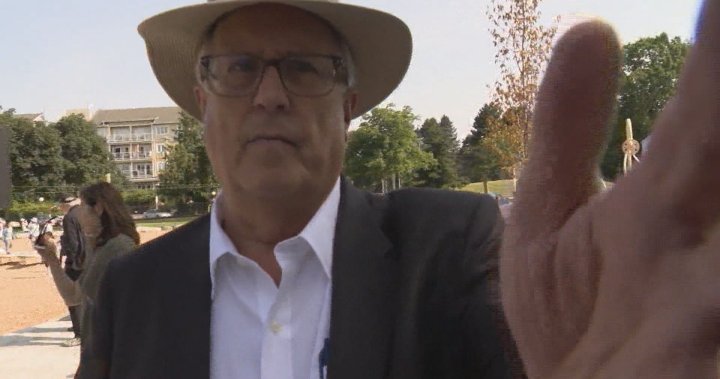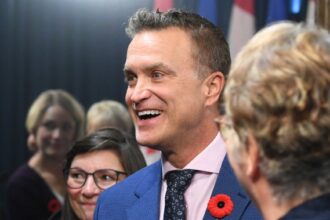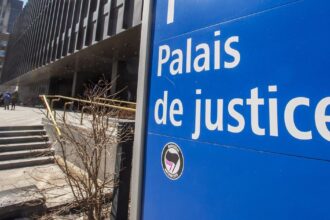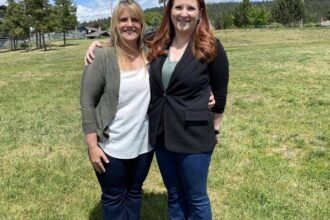The mayor of Richmond, British Columbia found himself at the center of controversy this week after physically grabbing a news camera and refusing to answer questions about a recent city council decision. Malcolm Brodie, who has served as Richmond’s mayor since 2001, was captured on video in a tense encounter with a Global News crew that has since raised concerns about transparency and accountability in local government.
The confrontation occurred when reporters approached Brodie to inquire about council’s decision to approve a controversial land development project. Rather than addressing the questions, footage shows the mayor reaching for the camera, making physical contact with the equipment while saying, “Don’t put that in my face.”
“Elected officials have a responsibility to answer for their decisions, especially on matters of public interest,” said media ethics expert Dr. Jennifer Wilson from Simon Fraser University. “While everyone deserves personal boundaries, public figures must expect a certain level of scrutiny as part of their role.”
The incident has sparked significant backlash on social media, with residents expressing disappointment in what many characterize as avoidance of legitimate questioning. According to CO24 Politics, the development project in question has been a contentious issue in Richmond for months, with community groups raising concerns about environmental impact and infrastructure capacity.
Richmond city councillor Harold Steves expressed concern about the mayor’s reaction. “While I understand the pressures of public office, part of our job is to explain our decisions to constituents, even when those conversations are difficult,” Steves told CO24 News.
This isn’t the first time a Canadian municipal leader has faced criticism for interactions with media. In 2022, a similar incident in Canada News headlines when a Saskatchewan mayor temporarily banned reporters from council meetings after challenging questions about budget allocations.
The Canadian Association of Journalists has since issued a statement defending press freedom: “Journalists serve a vital function in democracy by seeking answers on behalf of the public. Physical intimidation or avoidance tactics by elected officials undermine this essential relationship.”
Mayor Brodie has yet to issue a formal statement addressing the encounter, though his office indicated he would be “reviewing the circumstances” surrounding the incident. The Richmond Residents Association has called for a public apology, stating that “transparency shouldn’t be optional for those in positions of power.”
As this story continues to develop, Richmond residents are left wondering: When public officials choose confrontation over communication, what message does it send about the health of local democracy and the right of citizens to be informed about decisions affecting their community?























